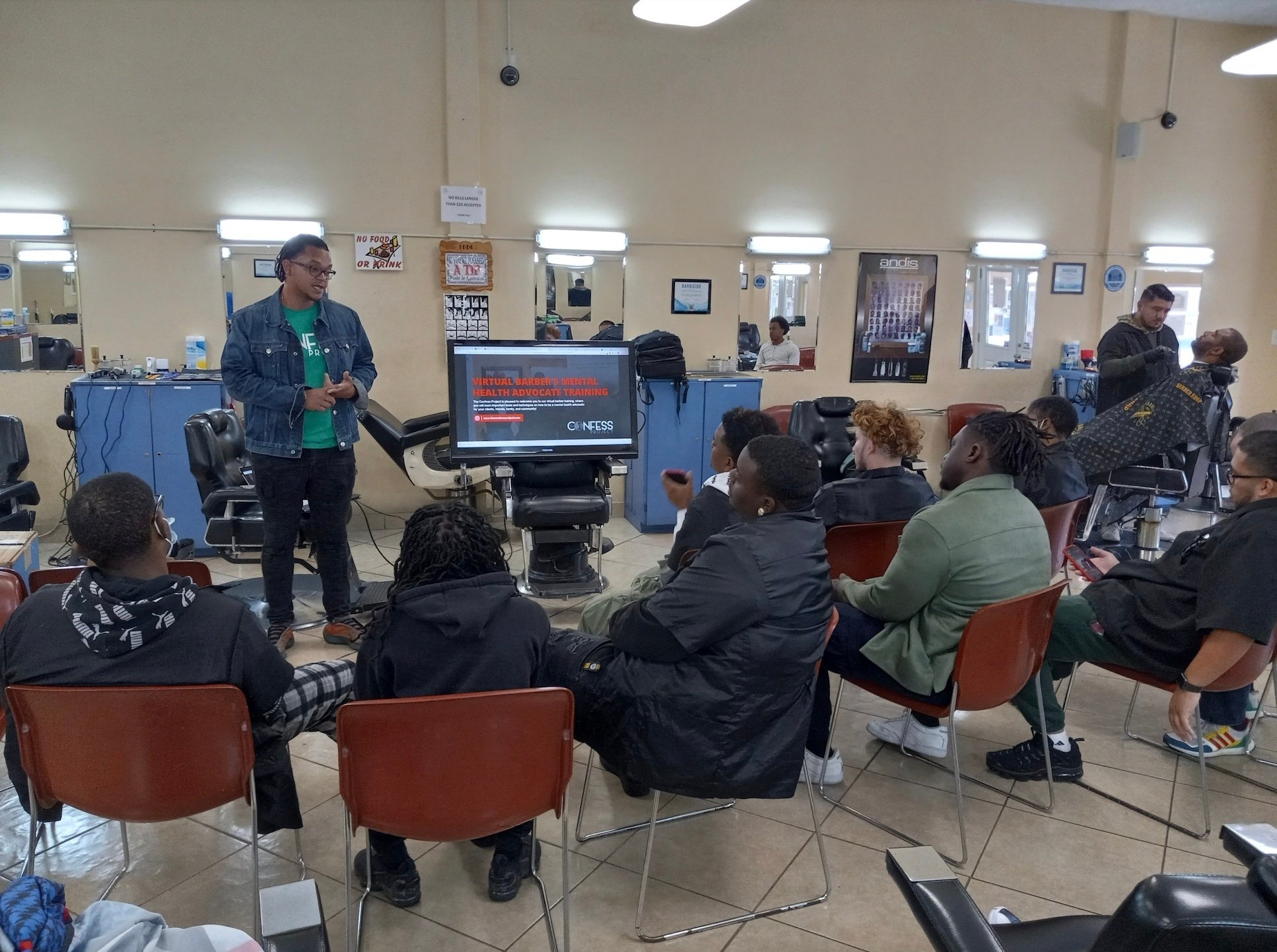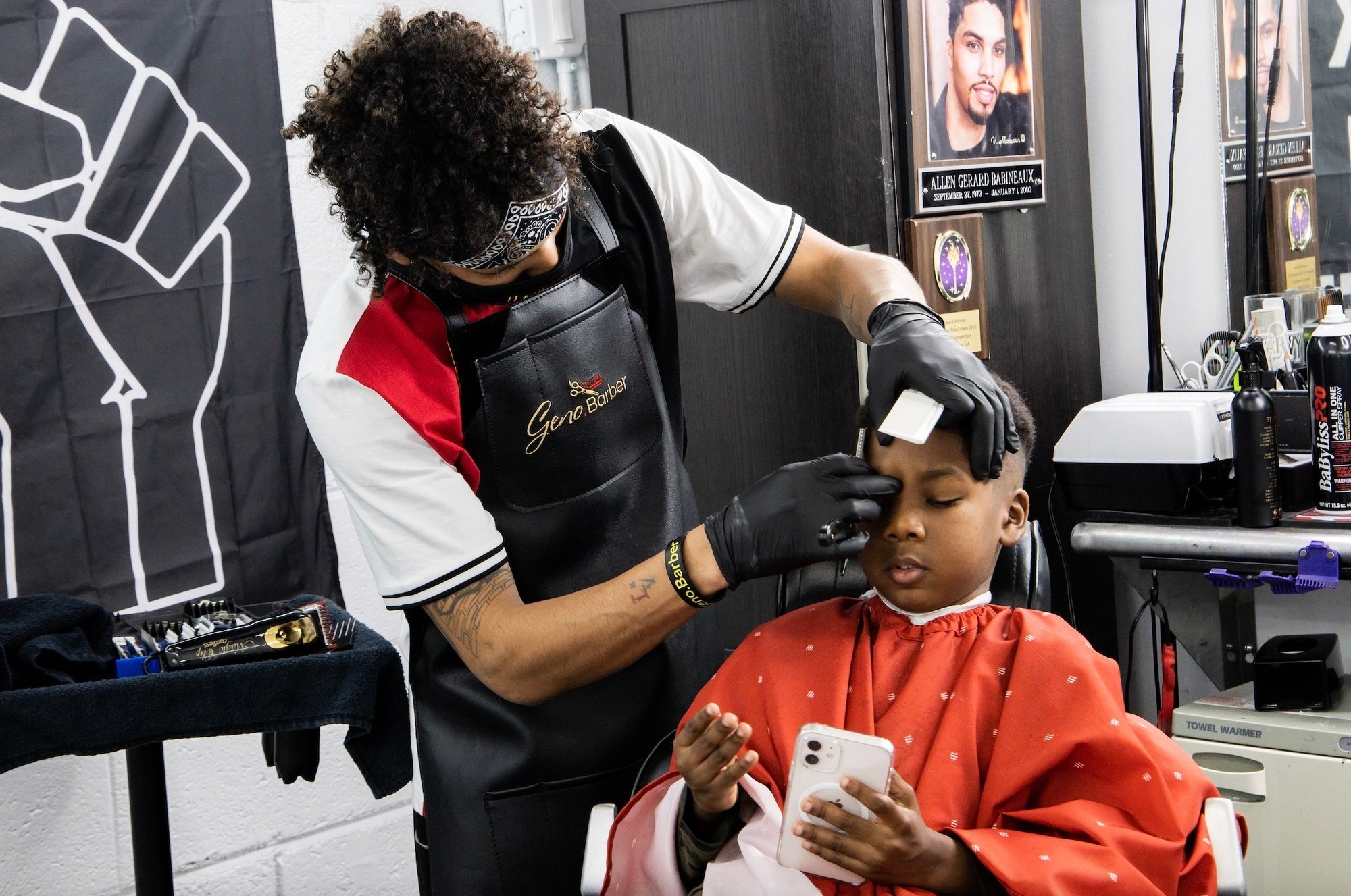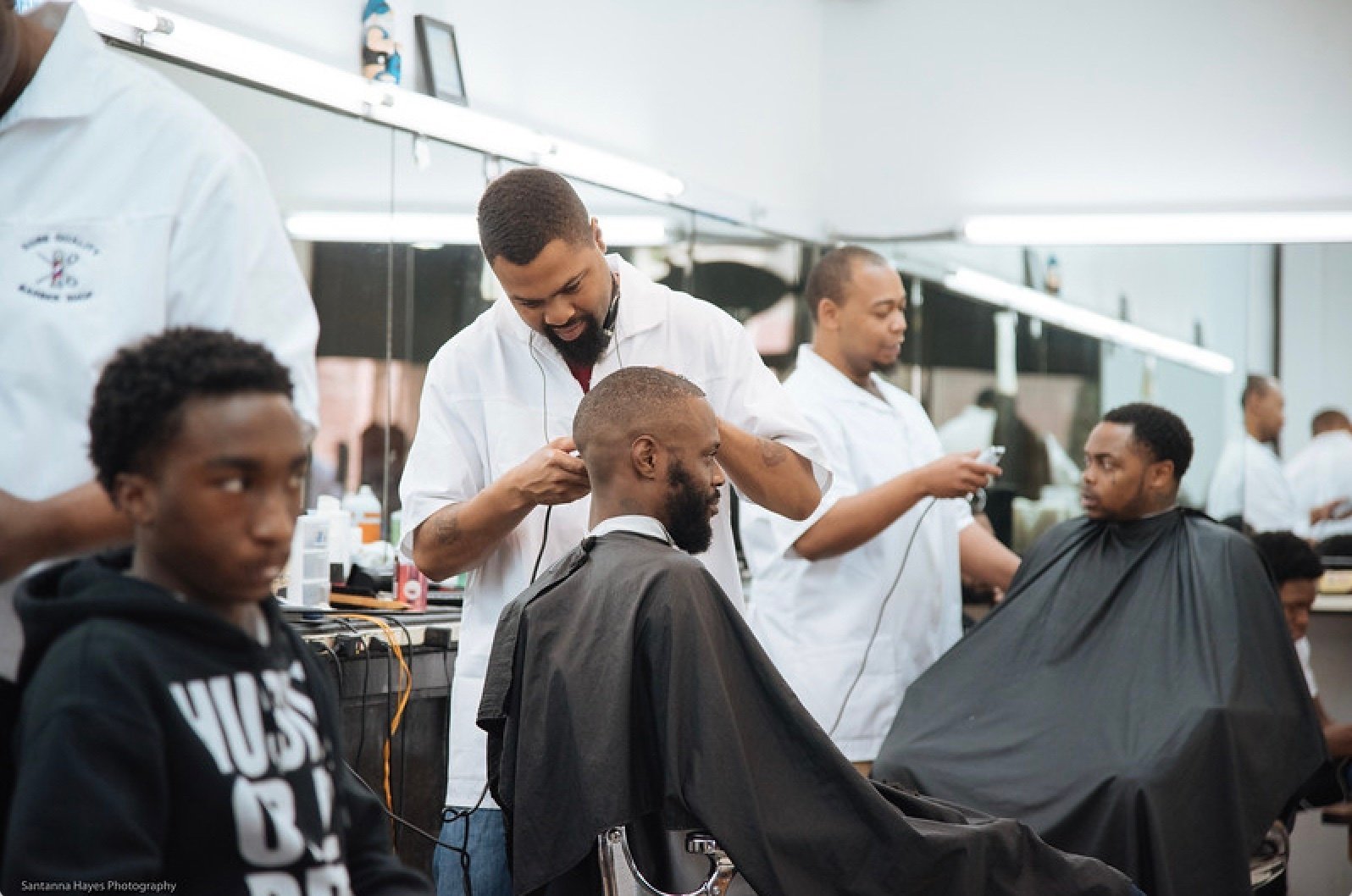Cutting the stigma: this entrepreneur turns barbershops into mental health refuges
Nov 21, 2022
7 mins
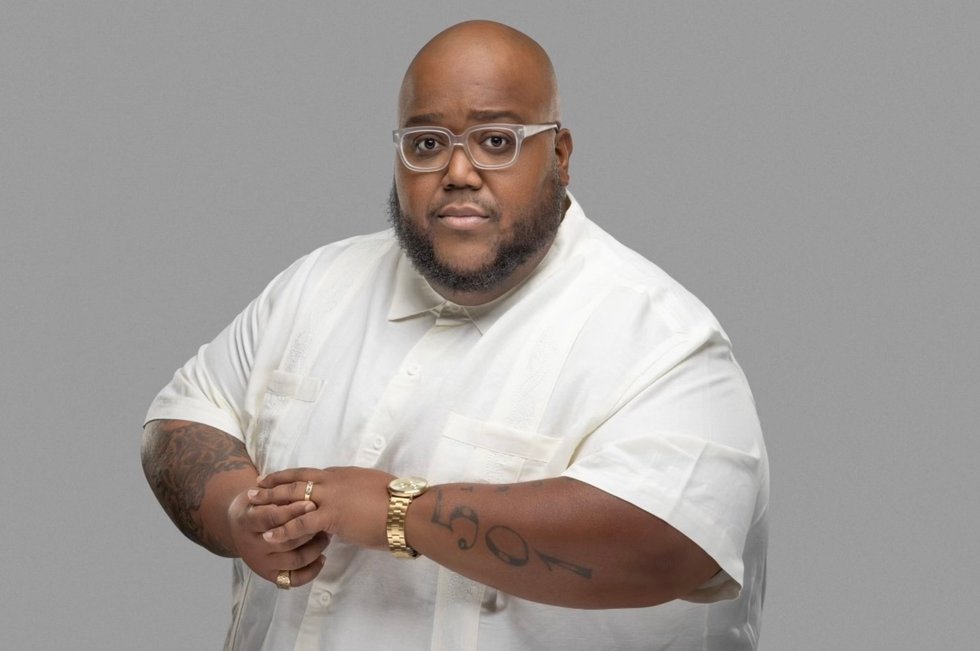

Freelance writer, reporter
Behavioral health advocate Lorenzo Lewis has been part of the mental health and diversity movements in the United States for many years. The 34-year-old social entrepreneur was born at a time when his mother was incarcerated. After struggling with personal hardship, depression and anxiety, he nearly ended up in prison before he began his journey to wellness at 17. In 2016, Lewis founded The Confess Project, which empowers barbers to become mental health advocates for men of color. Already, more than 1,600 barbers in 47 cities and 27 states have been trained up. In 2020, he published his book Jumping over Life’s Hurdles and Staying in the Race. Today, he speaks at venues across the country on the subject of “turning pain into purpose,” and trains companies in mental health topics as well as diversity. Welcome to the Jungle spoke with Lewis about his achievements, and what he thinks US companies are – and aren’t – doing right when it comes to mental health and diversity in the workplace.
The phrase ‘Turn your pain into purpose’ is associated with you. Can you say what exactly those words mean to you?
“Turn your pain into purpose” is a phrase that led to my first book Jumping Over Life’s Hurdles and Staying in the Race. That quote helped to develop that book because it outlines my life in regards to being born to an incarcerated mother, being incarcerated at the age of 17, being in a behavioral health facility at the age of ten, losing both my parents before the age of 21, getting into gang violence, et cetera. And that phrase outlines what I’ve come to do: getting two college degrees, becoming a father and a husband, dealing with important movements, and being a business owner.
The Confess Project of America has been a great success. At what point in your personal journey did that happen?
I had a government job at the time, and I was doing really meaningful work. But I wanted to do even more work that could really reach people through my personal story, and to get them the help they needed. So I decided to be the bridge, creating it through my passion and my stories. That was a big part of what made me start the work: knowing that everything I had gone through could be turned into a movement and could help others.
Did you expect The Confess Project to become such a large movement when you started to train barbers to be mental health advocates?
I didn’t at first. Now we reach about four million people annually. Each barber we train could reach about 25 people per week [and others are being trained to use the method too]. I never imagined it would get to this point. But I did know that the work was needed. I worked in the behavioral health field for about a decade, and I recognized the challenges the field had. I’m grateful that the work we do in the community is a huge part of being the bridge.
For your speaking engagements across the country, what sort of mental health topics are you asked to discuss?
Usually, I’m asked to speak at universities, or through my partnerships with companies like Gillette, Snapchat, and Google. I talk about how we build an intervention that scales [up] and reaches people in the ways they need to be reached. I am often asked to speak at corporations and to train their employees in mental wellness and wellbeing. Using that experience, we developed the model that we [use to] train barbers, which is universal now. It’s going outside of workplaces now [to train] law enforcement [personnel and] teachers.
Which companies do you think have done the best job? And how can companies do better?
I often recall training I did at Gillette with their engineers in the North American division. We held a roundtable discussion on mental health conversations, and it was powerful. It was really impactful to host an intimate session with professional men – African-American men – about mental health. I think Gillette continues to use aspects of that day in the work they do today. In 2023, The Confess Project of America will have an affiliate there called The Confess Project of Boston.
What is your opinion of how companies in the US are handling mental health conversations? Have you seen any improvement in recent years?
Absolutely. There has been a tremendous shift lately. I work with a company called Q2, and I’m doing a series of mental health training [sessions] with its staff and employee resource groups. I talk about the models we created in the barbershop, things like active listening, validation, and positive communication. [We talk about] the stigma of depression. I am always looking to hone in on validation. People are open now to understanding how validation plays a huge role in being seen and heard in the workplace, and how managers and corporate leaders can practice this to get better productivity from their employees. So, I encourage corporations to think about the peer support model we’ve created, and how it can amplify productivity and increase revenue within their company. More importantly, it also creates better morale – and I think that’s what I’m most excited about.
Are there methods that you suggest for employers or managers? How exactly can they make their employees feel validated?
When rolling out a peer support model, the biggest thing to remember is it’s only introductory. There is a further step where you show people how to use it and explain when it’s appropriate to use. Take active listening as an example. If you utilize that skill, it really helps you to understand how people are feeling and what they are going through, just by listening, by nodding your head [and] by paying attention to certain cues. Not talking over them, but clearly listening and supporting them. Having that demeanor really tells you a lot. And I think that if we as humans can practice being more empathetic – whether that’s at work, at home, at school, or in our communities – we will create a thriving community and thriving culture that we want to be a part of. That’s how the model allows us to show up for everyday people who are trying to make it and just trying to have a good quality of life.
So, this is where training becomes crucial, making sure managers have this understanding?
Yeah, right now I’m providing the peer support training framework. It is layered with the ACEs – adverse childhood experiences – model. It educates people about ACEs [Adverse childhood experiences such as violence, abuse or neglect experienced before the age of 17] and shows how people live with a level of ACEs, whether that’s living with someone who has been incarcerated, watching someone go through a divorce, growing up in poverty, or watching someone pass away. These things really affect us. Then we take that trauma into our adult lives, and even into the workplace. We take that into school. We take that into our relationships. So, we have to have an understanding of what ACEs do and learn the tools we can use to amplify each other.
And then we need to look at how we heal. What does that process look like? The framework I am offering is an introductory phase around ACEs and the peer support framework. Then I’m also going to be working with therapists and licensed psychologists who are going into workplaces and will teach individuals at work how to practice ways of going through the healing journey. And they can learn how that will increase their productivity at work. I’m really excited about that.
Have you noticed any taboo topics or therapy-related stigmas during your mental health training work with companies?
Well, I see myself in a professional role. But I have the same lived experience that everyday people have: I’m just trying to get by. So, because of that I think I’ve been able to be received pretty fluidly, because people see my story or can relate to me. And sometimes with therapists – depending on the type of population – it can be different, or people can have stigmas. In workplaces, you may have people who went to college and have certain certifications or have been exposed to these things. But sometimes, bringing in a doctor or a therapist could be a lot. So, you have to know your audience. And so that’s what I’m doing now in the introductory training, I’m learning [who the audience is], so I’ll know who to bring in and how to approach more in-depth training with the staff.
You have done a lot of work to help companies with diversity. How do you think employers can better embrace diversity initiatives and be more inclusive to a wider range of people?
I believe that companies could support more women, especially women of color, as well as more LBGTQ folks. It’s very important that companies think as ‘diverse’ as possible, and keep in mind how they could best lift up their diverse employees. How do we lift up our minority communities in the workplace? It’s important that we think critically about how to garner more representation. But how do we get there? We have to be deliberate about how to do that, and it’s what I am encouraging companies to think through. If a company doesn’t have someone of color or someone with a disability or someone from a minority community or the gay community in their high-profile roles, how do they get to that place?
What has it been like being praised for your efforts in your field? What would your younger self think?
Often I have to pace myself because I was once a kid who was behind bars, and I was also once a kid who was in a facility. But then I was also once a kid who became a man who worked inside the facility. Now, working with the justice system, I help juveniles who are incarcerated. So, I think for myself, I wish I could have had someone tell me that it was possible. Because it was. You can absolutely come from nothing and become something. It is possible. It takes support. It takes a lot of inner work – healing, therapy, whatever it takes – but it’s possible. So, my message to other people would be to find whatever your possibility is and just go for it – and go for it as aggressively as possible.
Photo headshot: Lorenzo Lewis
Other photos: The Confess Project Of America
Follow Welcome to the Jungle on Facebook, LinkedIn, and Instagram, and subscribe to our newsletter to get our latest articles every day!

More inspiration: Inspiring profiles
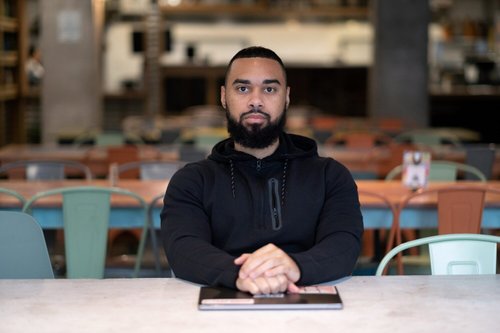
Be real, get ahead: The power of authenticity in your career
Pabel Martinez shares insights on how to allow yourself to be yourself, find your voice, and deconstruct stereotypes at work.
Apr 25, 2024
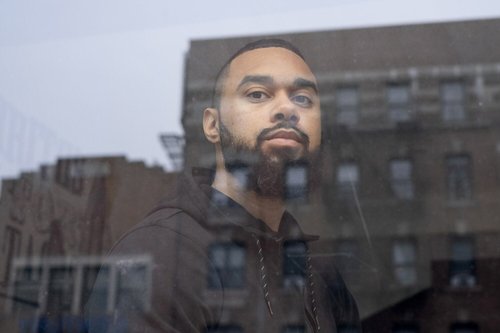
The professionalism paradox: Navigating bias and authenticity with Pabel Martinez
Pabel Martinez challenges the conventional norms of professionalism by unraveling the complexities of workplace discrimination.
Mar 11, 2024
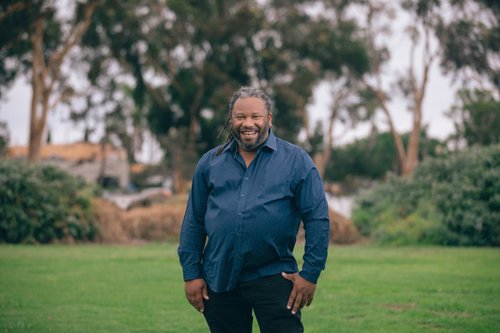
How play can make you happy, creative and productive at work
Work-life balance usually means separating work and play, but it might be a better marriage than you think...
Nov 07, 2023
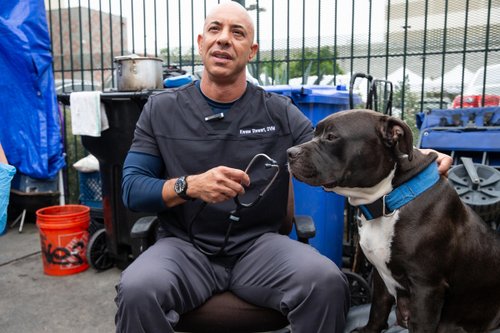
Project Street Vet: Caring for the unseen paws of Skid Row
Providing vet-to-pet care in some of California's largest homeless communities, Dr. Kwane Stewart shares the ups and downs of his remarkable work.
Aug 29, 2023
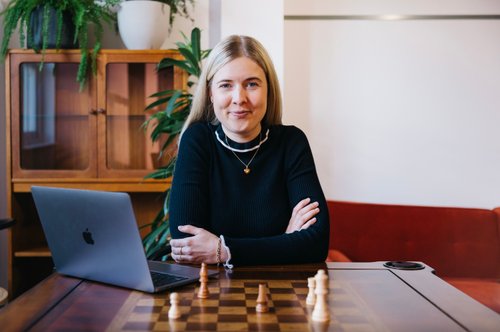
Girls learn how to have fun – and funds – by investing
A Danish trio is fighting gender inequality... on the stock market. We had a chat with one of the co-authors of the book Girls Just wanna Have Funds
Jan 30, 2023
The newsletter that does the job
Want to keep up with the latest articles? Twice a week you can receive stories, jobs, and tips in your inbox.

Looking for your next job?
Over 200,000 people have found a job with Welcome to the Jungle.
Explore jobs
